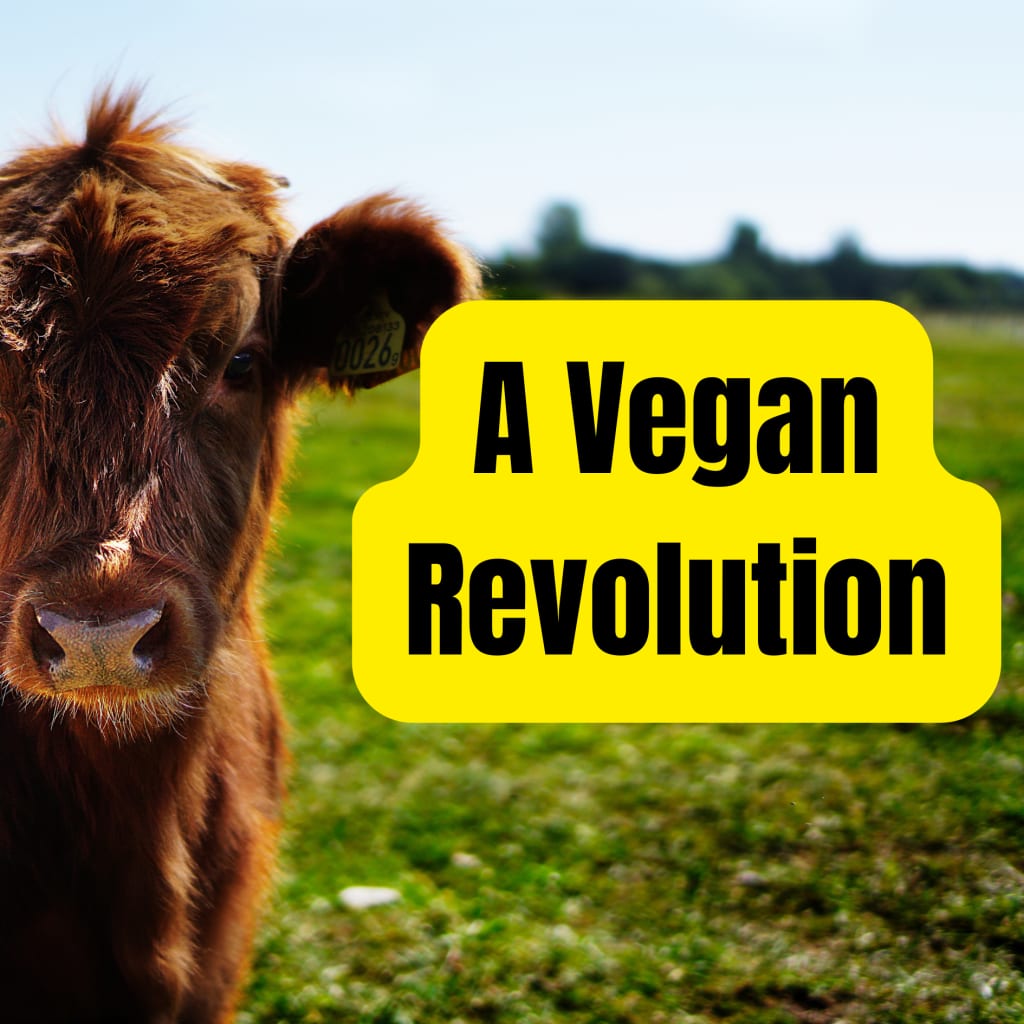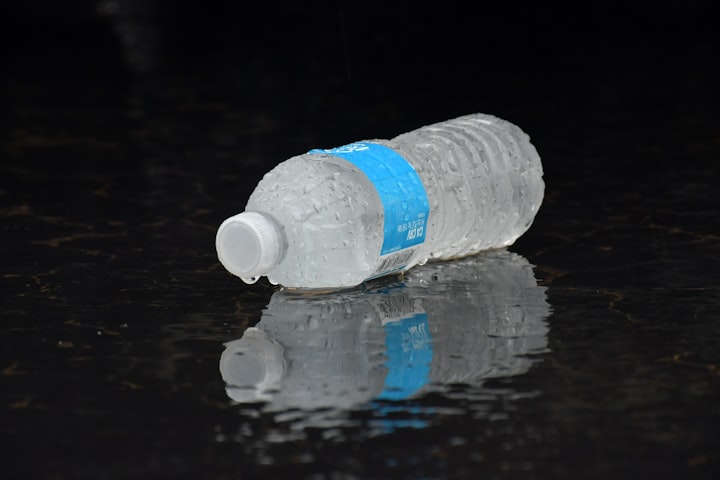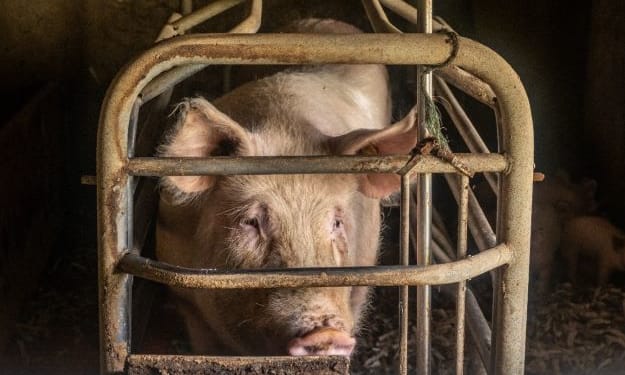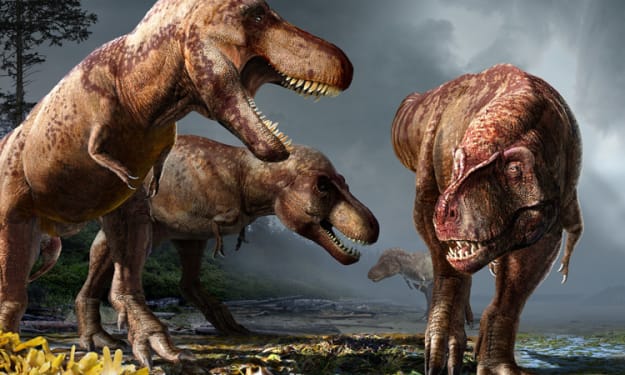The Benefits and Consequences of a Worldwide Vegan Diet
From Radical to Mainstream: A Vegan Revolution

What if every person on Earth suddenly adopted a vegan diet? Whether for health reasons, to reduce animal suffering, or to fight climate change, everyone decides to say no to juicy burgers, cheesy pizzas, and fluffy omelettes. Even ice cream is off-limits. What if a vegan diet could save the planet? What would happen to all the cows? Let's explore what might happen if everyone in the world went vegan.
Currently, there are 20 million vegans in the US alone, six times more than there were in 2015. What was once a radical diet choice is becoming mainstream. Did you know that food produced by animals is responsible for a quarter of all greenhouse gas emissions? Most of that comes from cows. Every year, the world's cattle population leaves a carbon footprint equivalent to the CO2 emissions of every car, train, ship, and aircraft in the world combined.
How exactly does livestock contribute to global warming? There are about 1.5 billion cows in the world, and each cow releases up to 120 kilograms of methane per year. On the climate change scale, methane's negative effect is 23 times higher than carbon dioxide's. In addition, cattle take up as much as two-thirds of all agricultural land on the planet. If we all went vegan, we could use most of that pasture land for restoring forests and grasslands, helping to reduce carbon dioxide in the air. We could start growing more crops to fill the gaps in our food supply, and livestock-related gas emissions would drop by 70%.
But what would happen to all those farm animals? With no demand for grilled chicken and roast beef, billions of animals would be slaughtered or abandoned. Some animals, like sheep and pigs, might be able to return to the wild, but their numbers would drop due to predators. Others, like broiler chickens, couldn't survive in the wild since they're so far removed from their natural instincts. Their best chance might be in sanctuaries, where they'd be taken care of until they die out. Local butchers and millions of farmers would have to find other jobs. They could start growing more crops or restoring forests, but on a large scale, rural communities that used to supply you with milk, eggs, and meat would face significant unemployment. Developing countries that built their lives and trades around livestock would deal with major economic disruption.
What about our health? Would we all be a little bit healthier? Adopting a vegan diet doesn't automatically make you a healthy eater. Vegans often miss out on vital nutrients like calcium, iron, vitamin D, zinc, vitamin B12, and omega-3 fatty acids. Since meat, eggs, and cheese would no longer be served as a perfect source of protein, you'd have to eat a lot of beans, soy, and lentils. But with a proper diet, we'd suffer from less coronary heart disease, stroke, and diabetes. Global mortality rates would drop by up to 10%, meaning 8 million fewer deaths per year and up to $1 trillion saved on healthcare and lost working days annually. However, in developing countries where over 2 billion people already face massive undernourishment, removing meat from their diet would make things worse rather than healthier.
Having the entire world go vegan might be a little extreme, but keeping foods produced by animals in our diet means we will eventually have to deal with the gas emissions. Luckily, clean solutions to reduce emissions from the livestock industry already exist; all that's left is to implement them. So, what about you? Would you say no to your meatball pasta tonight?
About the Creator
thingsandstuffzy
Writing about things that people should know about because they need to know about things. Isn't this exciting?






Comments
There are no comments for this story
Be the first to respond and start the conversation.